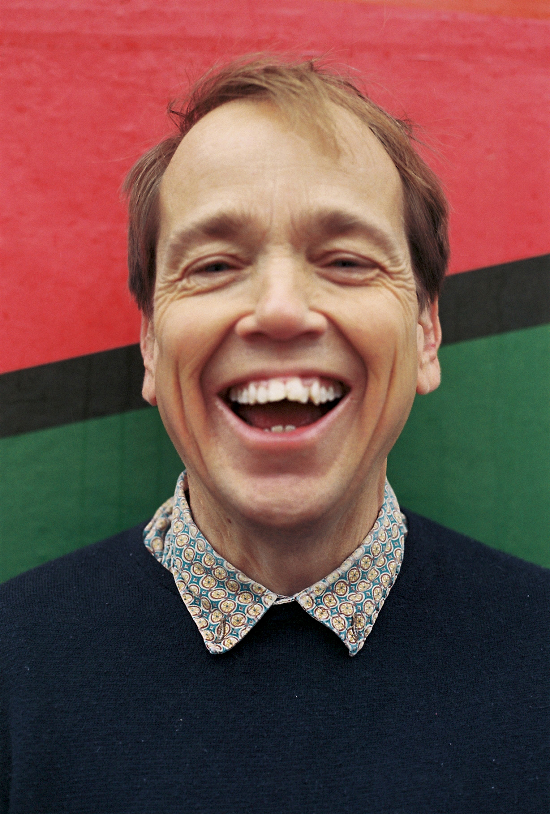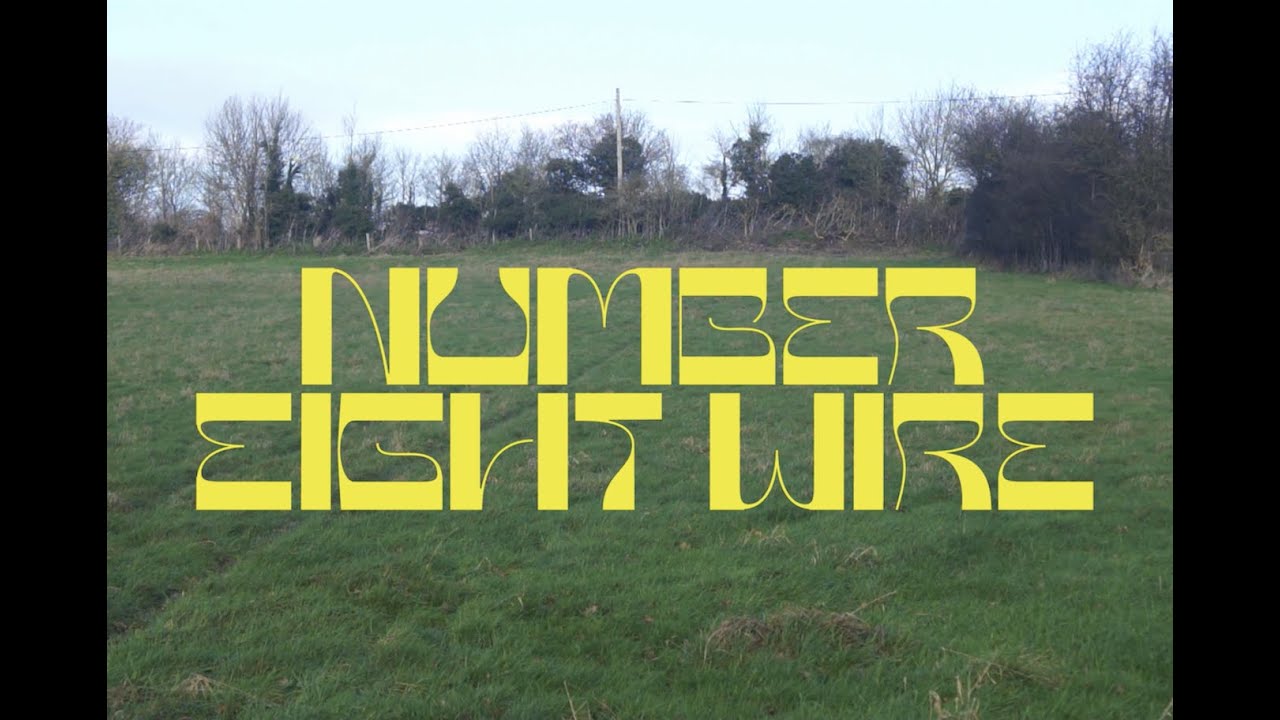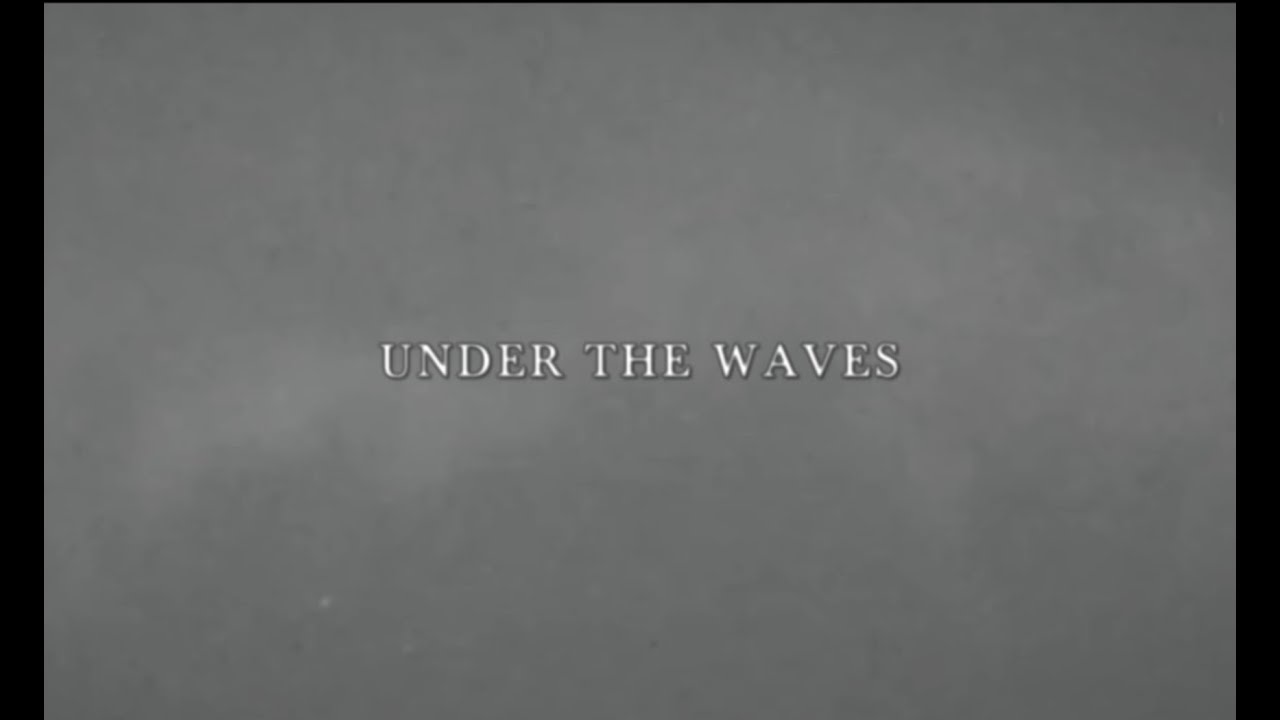Photos by Felicity Hickson
You can neatly divide Ed Dowie’s musical education into three distinct phases. As a child he was a chorister and taught piano by his composer father. In his late teens, he formed Brothers In Sound alongside Paul Hanford and Andy Guttridge, with whom he lapped up the joys of a flush late-90s music industry and released three sublime lo-fi psychedelic pop EPs on Regal Recordings, later collected as the band’s one and only album Family Is For Sharing in 2001. The band split not long afterwards and Dowie entered academia, formally studying the art of experimental music and completing a degree in Music, Technology And Innovation at De Montfort University. There, he found particular affinity with the minimalist greats’ abilities to load the sparest of melodies with the most intense punch possible.
His new album, The Obvious I, is not his first as a solo artist, but it feels more climactic than its predecessor, 2017’s The Uncle Sold. His latest record merges those three strands with magical results, great choral lattices of vocals that ebb and flow with the easy accessibility of pop, subtly tweaked to achieve the maximum emotional impact in the most straightforward terms. This makes music that’s at times unfathomably moving, gentle but never weak, with melodies that loop around and around the brain like a mantra long after they’ve finished. Dowie’s voice lures you in with its simplicity and its straightforwardness but this belies a mastery of what makes a perfect pop song.
Any meeting of the three elements of his musical upbringing is unintentional, Dowie says smiling on a Zoom conversation in the thick of the third lockdown. He’s never looked at his life in stages. “But now you say it, I guess that’s kind of true! It’s all there, but it definitely isn’t a conscious thing. What I consciously wanted to do was to be a bit bolder and not hide as much.”
To view it another way, when he was studying experimental music he "realised that there’s this amazing, brilliant gulf between Café Oto noise music and someone making pop, such an area that’s uncharted. Because experimental music has pushed things so far in an absolutely brilliant way, there’s this whole area that’s up for the taking.” The Obvious I sits nicely in this great expanse, I tell him. “That’s good! I mean, I wanted it to.”
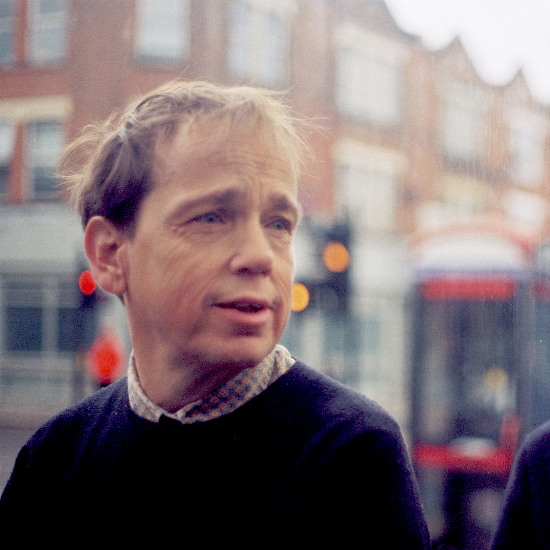
For The Uncle Sold Dowie took inspiration from the Kazuo Ishiguro novel The Unconsoled and its depiction of a shifting and dreamlike city. His debut EP, 2013’s Unpacking my Library, was a direct response to the Walter Benjamin essay of the same name. As he began work on his second album he once again started searching for a hook to base the project around. For a year and a half every Friday morning was set aside in order to visit galleries, “thinking somewhere along the line I’m going to see something and that’s going to be the spine of this album. I really wanted to find something that would make me go, ‘I want to write an album out of that’. Something to really read and explore, and the truth is it just never came.”
At the same time, the wider world seemed like it was plunging deeper into darkness every day as right-wing ideologues tightened their political grasp. “With everything that was happening, it became quite hard to work out – do I respond to what’s going on in the world, or is that just really naff? What am I going to add? What do I have to say? I think ultimately the reason the album’s called The Obvious I is that it all came back to the self, in a good and bad way. Everything starts with people doing things, deciding ‘I am going to protest this’. Hopefully there’s acceptance that I am what I am, and this what I’m doing. Everything was reflected through myself and my own experiences and my own thoughts.”
The new boldness Dowie says he sought on his new record manifests itself in two ways. Firstly, there is its instrumental boldness. The Uncle Sold was a beautiful album too, but one that utilised great washes of reverb to convey its tenderness. The Obvious I, however, finds beauty in simplicity, the same kind that the great minimalists that inspired Dowie at De Montfort could capture; the same simple tenderness that Kraftwerk had on songs like ‘Computer Love’. The songs are very beautiful, but they’re effective on the level of straight catchiness too. “I’ve always played little ditty-type melodies, and maybe I avoided those a little bit sometimes. Whereas I feel like now I’ve embraced that a bit more, tried to go ‘No, I like that, and maybe that’s for a reason.’ Sometimes when I’m in my studio I’ve been playing the same melody over and over again for an hour and a half and I think, ‘Why am I not bored by this?’ It’s nice to find a way to use that side of what I like.”
Secondly, there is Dowie’s desire to abandon external sources and delve inwards for his themes and structure. It’s a deeply personal record, but not necessarily a purely introspective one. “I don’t know why, but I don’t see it as reflective, and introspective, it’s more trying to not be that in some way,” says Dowie. “I’ve tried to be more accepting of my negative thoughts, the neuroses and the self-doubt and everything else, and just carry on. I wish I were really clever and knowledgeable and could be Billy Bragg, but I’m not. That would be a disaster.”
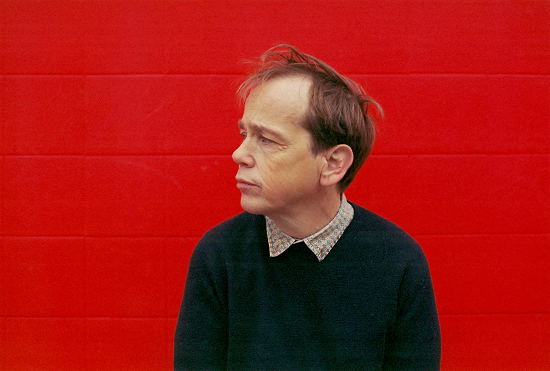
Back in the summer of 2017, after the release of The Uncle Sold Dowie had written eight or nine tracks for its follow-up. “I was thinking ‘these are quite good’, but then I suddenly had a day where I listened to them in a different way and felt, ‘This is all just total shit.’” He deleted everything he’d been working on from his computer, as well as all his previously released music, “all the hundreds of little ideas,” and started from scratch. “I have no idea whether it helped, I feel like it did, but I wanted to make something completely new, without any reference to anything that I’ve made before around.”
Along with his partner, designer Felicity Hickson, folk musician Seamus Fogarty, and polymathic artist and DIY instrument-builder Leafcutter John (aka John Burton), at the start of 2018 Dowie established a new structure in which to work. On the first and fifteenth of every month, they’d each send each other something creative they’d worked on, “however rubbish.” These displays, each little draft in some way vulnerable and unfinished given the two-week time restraints, became “a very affirming thing. The format became that you’re very positive, you say ‘I like this, or that about it.’ I feel like I need these little games.” The little sketches they came up with ended up forming some of the roots of Fogarty’s 2020 album A Bag Of Eyes, as well as The Obvious I.
“I spend so much time on my own that I don’t feel like I have anyone to learn anything from,” Dowie continues. “I thought it’d be good to work with a producer [for The Obvious I]. The dream version of that was Leafcutter John.” Dowie’s been a fan ever since his Brothers In Sound bandmate Andy Guttridge played him a tape of Burton’s 2003 experimental masterpiece The Housebound Spirit. “You know that thing where you hear an album, and you can’t even imagine what human being could have even made it? I had no concept of music like that until then.” In the years that followed, Dowie would regularly watch Burton playing with Sebastian Rochford’s pivotal jazz band Polar Bear. “Jazz isn’t something I have much knowledge of at all, but the presence of John there, bringing in these electronic elements and the manipulation of sound is absolutely amazing.” After years of approaching him after shows, eventually they struck up a friendship. “I think he tweeted about my music, he’d heard it on the radio. So yeah, it became a thing.”
Burton elevated Dowie’s work that little bit higher on The Obvious I, adding little textural touches and providing them breathing room too. “I had never realised that my demos lacked space, but he made everything have its own place. It became so much more three-dimensional. He knew exactly what to do.” Although she’s not a musician, Hickson added to the album too via her own medium, providing its artwork and visual aesthetic. “The thing I like about her work is that there’s something quite unusual, but it’s hard to put your finger on what that is. I think maybe that’s a bit similar to what I do. I use melodies and I make songs, but I feel like there’s something quite unusual about them at the same time.”
Perhaps the fact that The Obvious I is not only grounded in the deeply personal but in the communal too, is why it is so effective. It’s a record that feels like the culmination of a career so far, a landmark achievement that draws on every facet of his musical journey, as well as a concentrated gaze inwards, but is nonetheless as warm, inviting and accessible as music can be. Before the pandemic, Dowie was at a friend’s wedding, where a stranger asked him that most awkward of questions, ‘what kind of music do you play?’ “That awful situation where it’s someone I don’t know, I don’t know what they know about music, etcetera. It turned out to be quite a nice moment because for the first time I found myself saying it succinctly. I grew up playing the piano and singing in a choir, then I was in a band, and then I studied experimental music.” It’s that same spirit of acceptance that makes this album so sublime.
The Obvious I is released on March 26 via Needle Mythology. You can pre-order it here.

